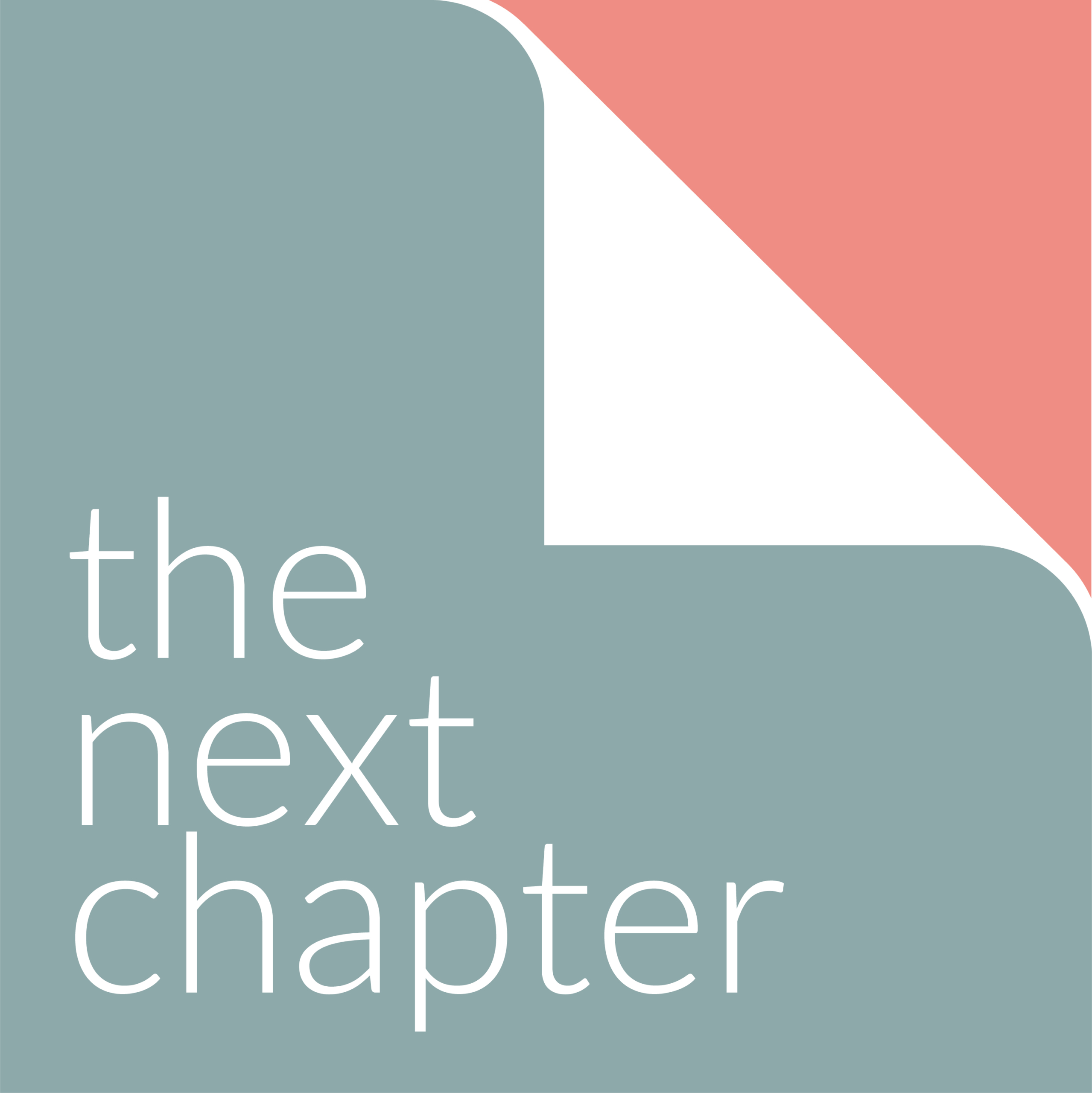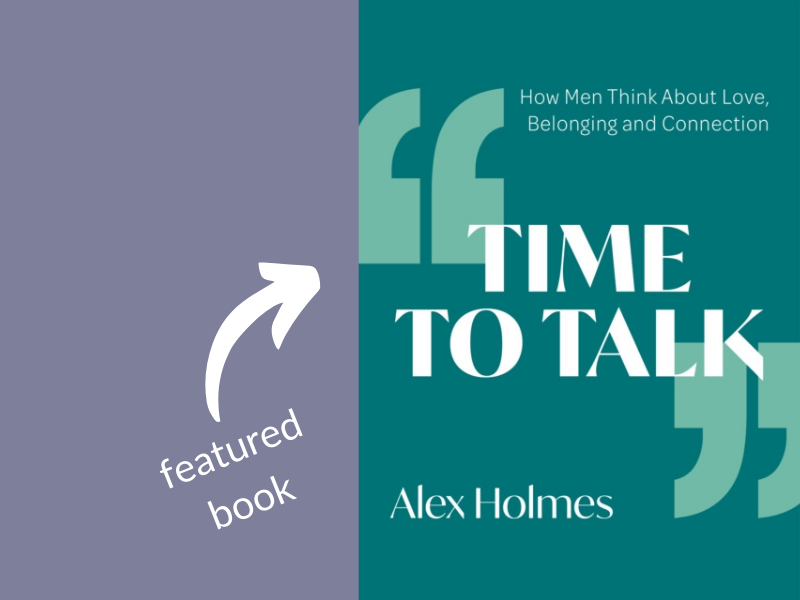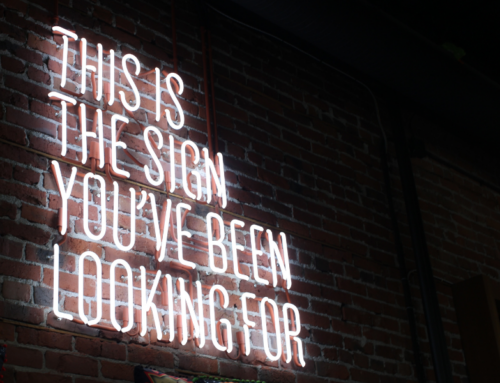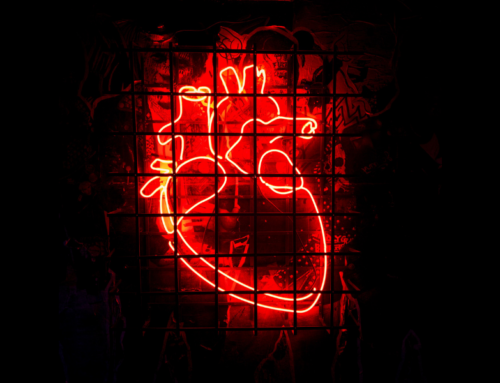Men’s mental health – if you’re in a bad place, the advice is usually: talk about it. But the problem remains: it’s really hard to do that, and you might be suffering because you feel you don’t have anyone you can open up to. So, what if you feel like you really can’t talk – is self-help any use? Can a book really help?
no time to talk
If you’re busy, stressed and just about holding it all together, the last thing you feel like doing is picking at a loose thread, in case everything comes apart.
“To be a young man – in my case a young Black man – in today’s world is to persistently hold your breath and hope you can come up for air sometime soon amid all the unspoken pressures of what we are, and aren’t, expected to be by those around us.” (Alex Holmes, Time to Talk)
Also, many men find it difficult, or impossible, to take time off work for health reasons, especially for mental health reasons (1). This limits the chances of getting to the doctor or counselling if you are working full-time hours.
Even if you can make time, and afford any costs, it’s also very challenging to talk openly about problems. This may be especially true for men, for a mix of reasons to do with how men are treated in our culture (2).
I would like to see more men coming to us for counselling, but I know it’s difficult. So what are the possibilities for self-help?
self-help: not to be confused with suffering alone
It’s dignified and powerful to be able to help ourselves. It’s also dignified and powerful to recognise this doesn’t mean working it all out by yourself. No-one can do that. Connection is the basis of everything good. And if you feel you can’t connect with anyone in your life right now, you can connect with someone from another place or time – through a book.
the ick factor
Self-help books have a bit of an image problem (3) – and for sure there are some bad books out there, with bad advice in them. There is also a very human tendency to like things that feel familiar and confirm what we already think. This can make good advice feel all wrong, even when it’s right.
For example, if you are used to self-criticism, self-compassion might feel very uncomfortable, even sickening, at first. It takes some getting used-to, and all the research evidence in the world doesn’t change that. So even a well-founded book might be in danger of getting flung oot the windae as it gies ye the boak.
But, before you defenestrate the whole project, consider this: reading and writing is a way of joining a long, thoughtful conversation – unrestricted by time or place (language translations permitting). The author may be long gone, but their thoughts and ideas are still here. All those voices, across all those years, are wanting to talk to you.
If you can’t stomach a typical self-help book, maybe the wisdom of Stoics will hit the spot. Or if something written in the 3rd century BC feels irrelevant, you might take to James Clear’s up-to-date and evidence-based approach to life habits. You might need to swallow the Compassionate Mind workbook like medicine, or if you really can’t get that down, maybe a bracing pep talking from former miserable f*ck John Kim will be more palatable.
You don’t have to agree unreservedly with everything the writer says. And there will be some you will get on with, some you won’t. Either way, it’s food for thought – and when you really click with one it’s magic.
it’s okay to sneak a peak at someone else’s answers
Getting help and advice from others is nothing new or strange. But, at the moment, we have mostly lost the culture of seeking guidance from elders, we don’t have rites of passage, most of us don’t follow a religion and aren’t practicing a lifelong discipline like a martial art or yoga to give life a framework. Instead, we’re riffing it, and that’s not ideal. We all need a guiding hand around life’s many pitfalls, and somewhere to turn when it all goes wrong.
You don’t have to talk if you’re not ready. You don’t have to open up to colleagues you don’t trust, or friends you think can’t handle it. But you don’t – you really don’t – have to figure it out on your own. Get some tips, get some reassurance, get a fresh perspective. Get a book.
by Kate MacDougall, November 2021
All book links take you to our pages on Bookshop – the platform for independent bookshops.
If you buy a book from these links, we get 30% of the sale, which we put towards providing low-cost counselling and other wellbeing services. So your book contributes to your wellbeing (we hope) and to others’ too.
Please email info@thenextchapter.org if you have any questions about the books or would like to get some personalised recommendations.







